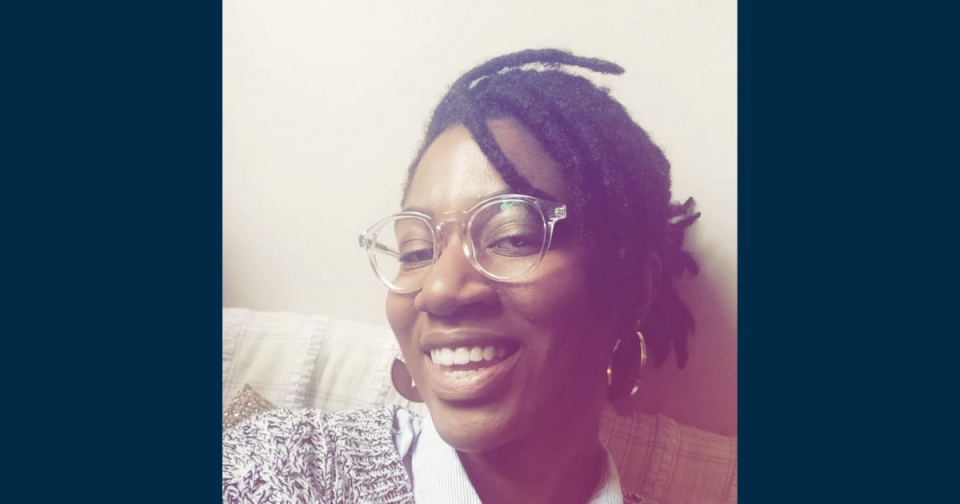Brittany Hudson is pursuing a Master of Theological Studies in Urban Community Development at Wycliffe College. She is also a community member of L'Arche Toronto. Passionate about justice-seeking, equality, and African-Canadian History, in her free time she plays the ukulele, guitar, and sings.
Allyship is about listening. Listening should never be confused with silence. Listening to Black, Indigenous, and People of Colour (BIPOC) voices is an active process, and when done correctly, should lead to the dismantling of systemic racism within our world, governments, places of worship, and institutions.
Listening begins with amplifying the voices of the oppressed. The silencing of BIPOC voices is systemic violence. Think about it: how many times do you read from Black and Indigenous authors? Within your faith communities, how many Black and Indigenous people hold leadership positions? When you read non-White histories, who authors them? When Black and Indigenous people speak out about their personal experiences of racism and injustice—are you quick to say, "Are you sure that happened?"
Listening is an active process. If we want to end the systemic violence of silence, then we need to amplify the voices of the oppressed. It is not enough for an ally to speak up; they must share their power and influence. Instead of saying what you think Black people experience (while you may be well-intentioned), let Black people that you know speak for themselves. Give a platform to those who, historically, always get pushed off the podium. Within our churches, this looks like giving BIPOC priests and ministers opportunities to share their experiences within the church. Instead of putting on educational programs about Black and Indigenous colonization, let Black and Indigenous groups take the lead—seek them out and invite them into your churches.
Allyship does not permit you to tell Black people how to seek justice. You do not understand why Black people do what they do because you never have and never will walk a day in their shoes. When you find yourself reaching the place of disapproval, ask yourself: "Is that my privilege?" and "Am I speaking out of comfort?"
Comfort is a privilege. While I am a Black woman, and I do experience discrimination, because I live in a predominantly white, middle-class neighbourhood, I do not see the police as often as others who may live in neighbourhoods that are not predominantly white and middle-class. While I am angry and tired of the way that systemic racism interrupts my life—when I am told that I am an “eloquent Black person,” for example, or not offered a job in spite of being qualified, I do not face the same level of oppression as other Black people. So when I see Black people angry, and rioting, I remind myself that my privilege affords me a different type of protest. I can use my voice to discuss anti-Black racism with institutions of which I am a part. I can go to bed knowing that the police are not circling my community—I have a level of comfort that other Black people do not.
Ask yourself, what comforts are you afforded? If your answer is extreme comfort, then it might be time to listen to the stories of those who are incredibly uncomfortable.
This form of allyship is challenging. There are centuries of racial oppression and systemic injustice that need to be unpacked. If we want to remove the injustices, we need to do it together. Some of us will need to listen; others must speak. When both happen, the violence will end.





